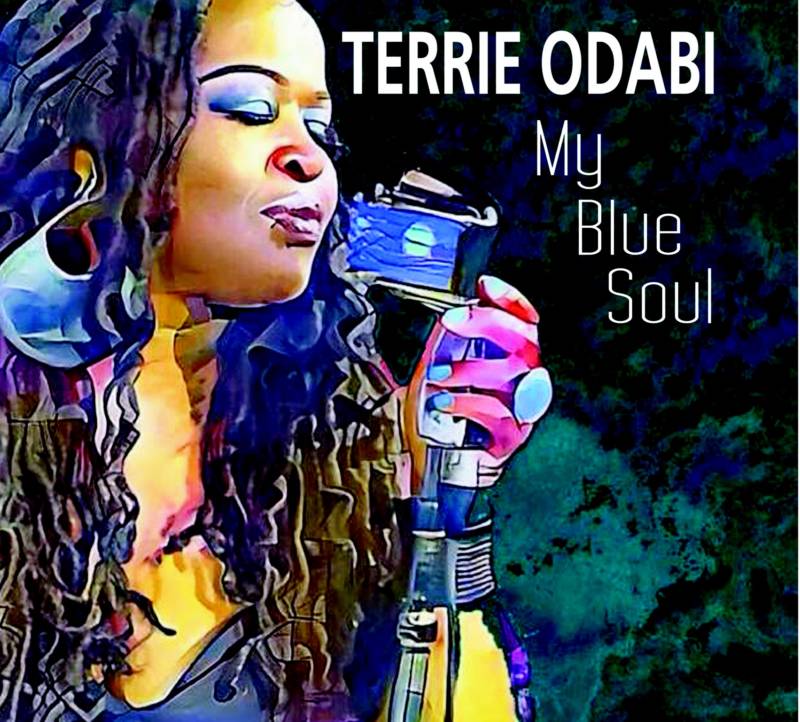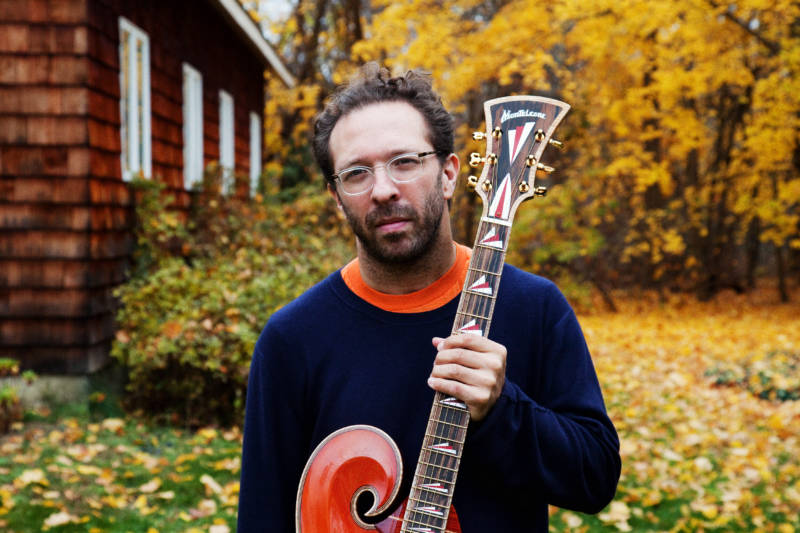Anthony Wilson is hardly the first jazz musician to reinvent his sound, but his evolution from internationally esteemed guitar maestro to singer/songwriter on his new album “Frogtown” (Goat Hill Recordings) is likely to catch many of his fans by surprise.
The son of the late, legendary Los Angeles arranger, composer and bandleader Gerald Wilson, he first made his mark as a composer with a series of brilliant nonet sessions in the late 1990s. He’s covered a lot of ground since then, putting his own stamp on the Hammond B-3 organ format, collaborating with the great Brazilian guitarist/composer Chico Pinheiro, and delivering elegantly sculpted solos for recordings by the likes of Paul McCartney, Willie Nelson, Barbra Streisand and Aaron Neville.
He’s spent the past 15 years touring and recording with Diana Krall, and somewhere along the line started to feel that he needed to write his own songs. On “Frogtown” his songwriting is distinguished by the same kind of craftsmanship that marked his jazz composing, with a spacious but meticulous sound that sometimes brings to mind Neil Young or James Taylor. He recruited a stellar cast of players, including drummers Mike Chamberlain and Jim Keltner, violinist Petra Haden, pianist/keyboardist Patrick Warren and bassist Mike Elizondo (who also produced the album).![]()
The album alternates between pieces featuring Wilson’s vocals and instrumental tracks, which often seem to expand or comment on the previous or following lyric. The plaintive opening anthem “She Won’t Look Back" gives way to the optimistically jaunty title track like a candle lit in the dusk. The earnestly yearning ballad “Your Footprints,” which features saxophone legend Charles Lloyd, flows into Wilson's playful arrangement of the traditional Italian song “Occhi di Bambola,” the album’s only cover.


